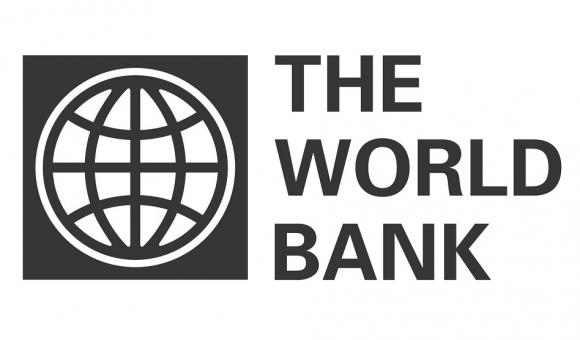
In its latest report published on 20 March 2014, the World Bank Group has now ranked Belgium in third place for its performance in the field of logistics. This classification is based on a survey conducted among over 1000 logistics professionals from 160 countries.
Whereas Belgium held 12th place in the 2007 rankings, the work put in and policies adopted by the main players in Belgian logistics continue to yield results, making Belgium an indispensable partner worldwide.
In fact, Belgium has been making steady progress ever since 2007:
· 12th place in 2007
· 9th place in 2010
· 7th place in 2012
· 3rd place in 2014
This report, entitled Connecting to Compete 2014: Trade Logistics in the Global Economy rates 160 countries, applying various commercial criteria that are becoming increasingly recognised as major factors in economic development, and in particular the productivity of customs services, the quality of infrastructure and speed of deliveries. The data come from a survey conducted among over 1000 logistics professionals. The department in charge of international trade at the World Bank Group has been producing its Logistics Performance Index (LPI) every other year since 2007.
“The purpose of this index is to raise the public’s awareness of a rather complex reality: the characteristics of the logistical chain’’, explains Jean-François Arvis, transport expert and founder of the LPI project.”In those countries where the costs of logistics services are high, very often it’s not to do with the distance that separates trade partners, but rather the reliability of the logistical chain which is the crucial factor in increasing costs’’.
The 2014 report highlights various strategies that can be implemented, depending on a country’s income level. It often turns out to be necessary to apply multiple-track approaches in this domain.
The study also shows that in recent years the worldwide decline in customs duties has thrown the importance of logistics into sharp relief, together with other aspects such as trade-facilitation measures that bring down the costs of doing business.